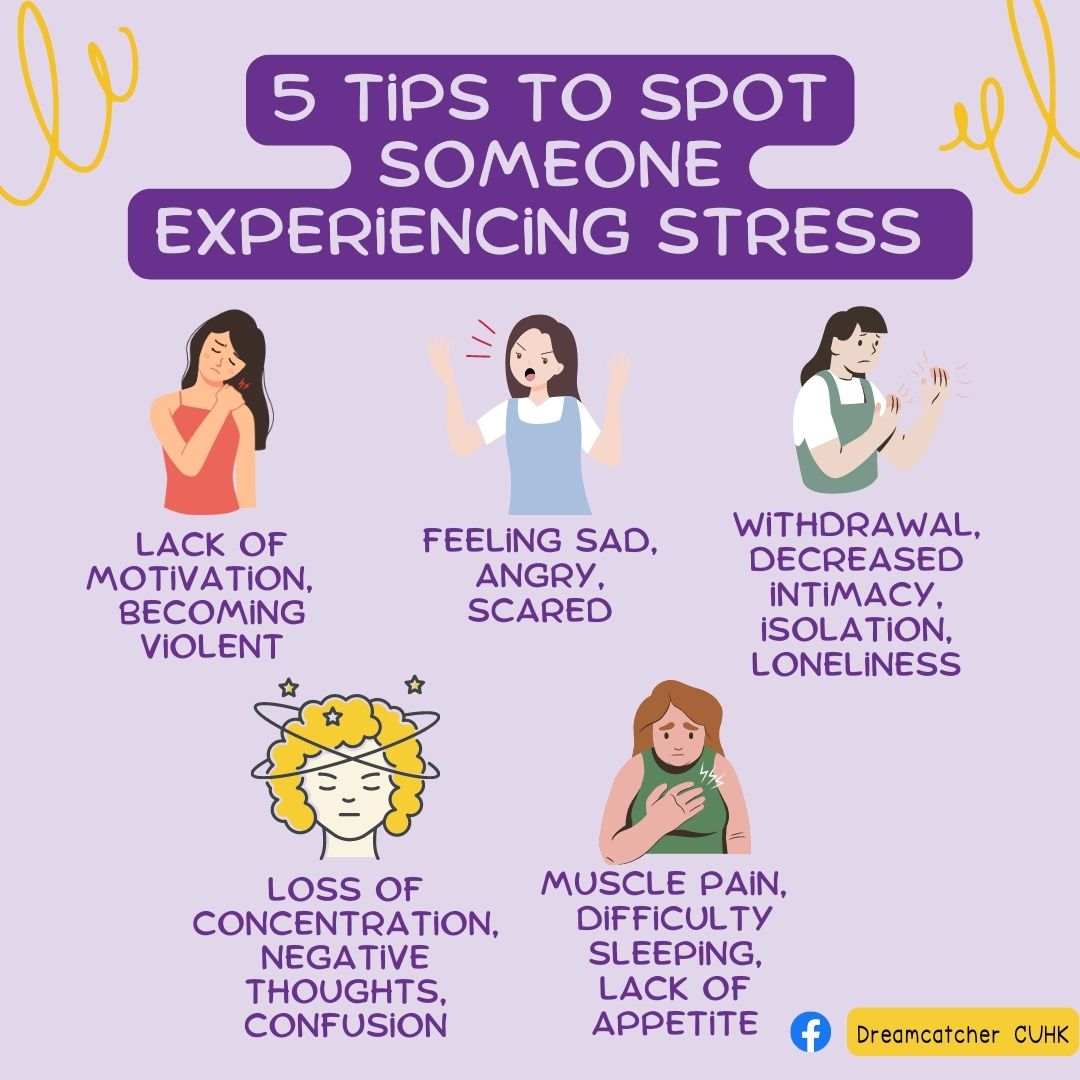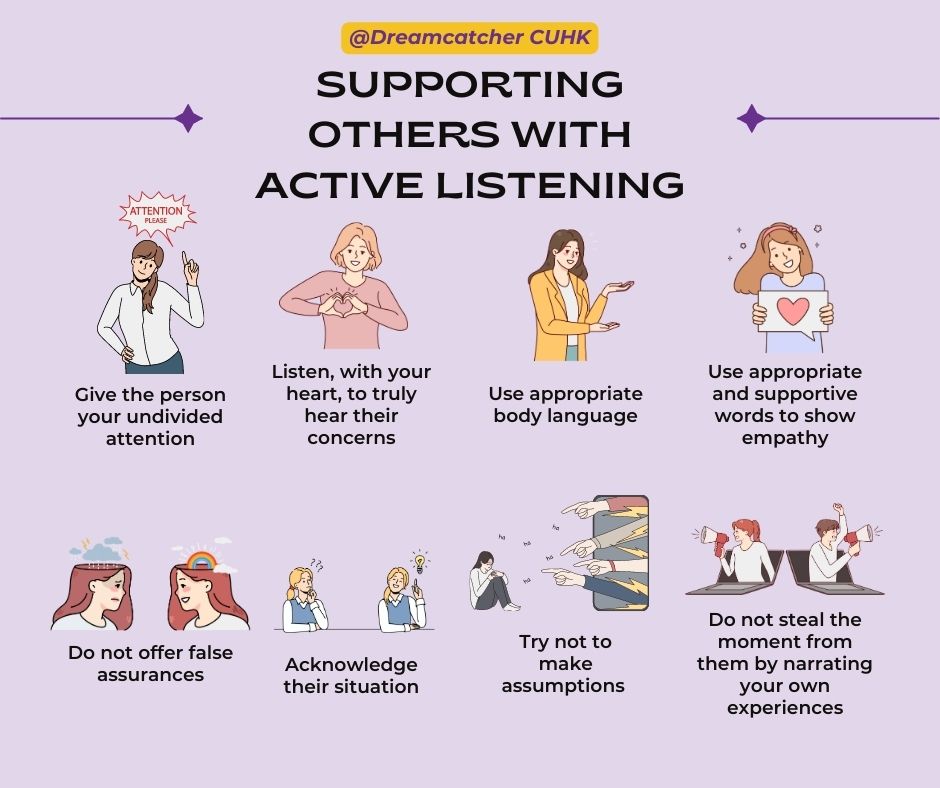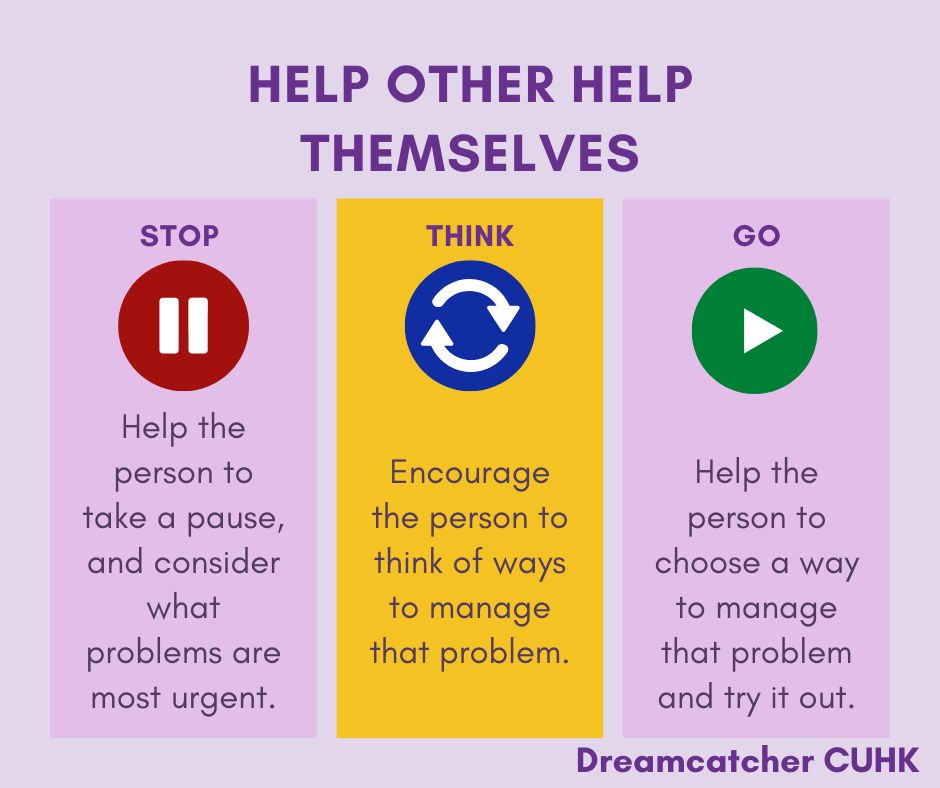Stress is a natural reaction, and one which everyone experiences. Signs of stress can affect our BASIC function and may include:
1. Behavioral reactions: lack of motivation, avoiding doing activities, becoming violent, etc
2. Emotional reactions: feeling sad, angry, scared, etc.
3. Physical reactions: headaches, muscle pain, back pain, difficulty sleeping, lack of appetite, etc.
4. Interpersonal reactions: withdrawal, decreased intimacy, isolation, loneliness
5. Cognitive reactions: loss of concentration, negative thoughts, confusion












